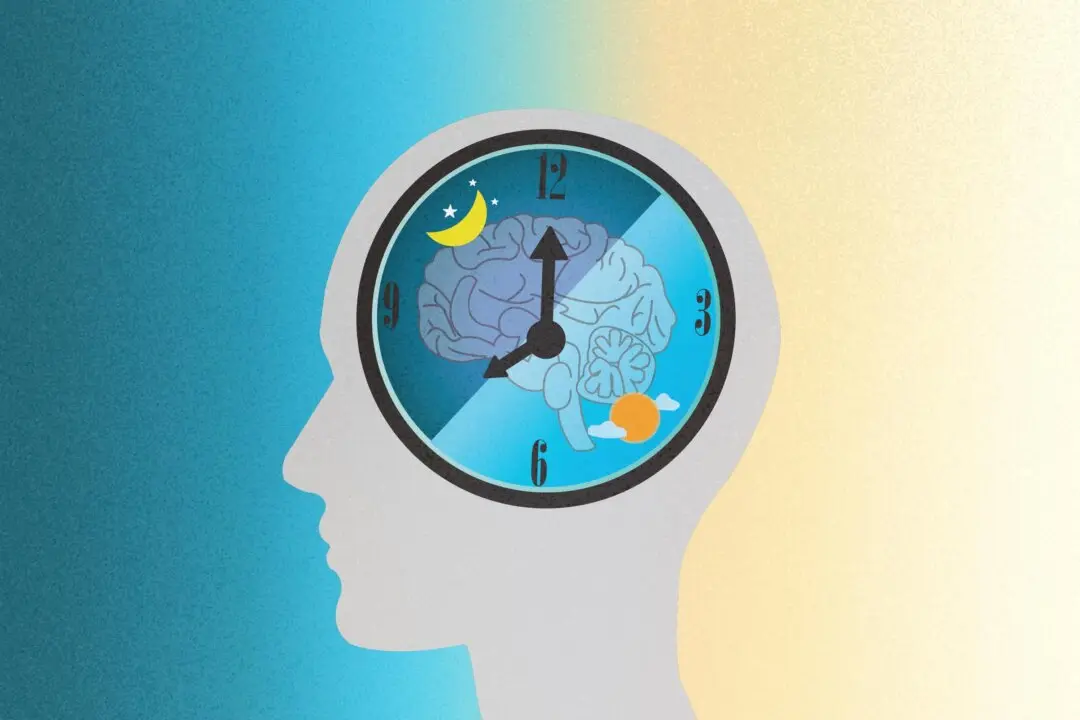Scientists have puzzled over why some people seem immune to COVID-19, even after exposure. Now, emerging evidence points to an intriguing explanation: prior run-ins with the common cold.
Common Cold Antibodies Protect Against COVID-19
A new study investigated whether preexisting antibodies from common cold viruses offered protection against COVID-19. Researchers analyzed blood samples from 94 unvaccinated hospitalized patients with varying severity of respiratory failure; 74 had tested positive for COVID-19, while 20 didn’t have the infection.They measured levels of antibodies from prior common cold coronavirus infections. The same analysis was done for non-COVID-19 patients as controls.






